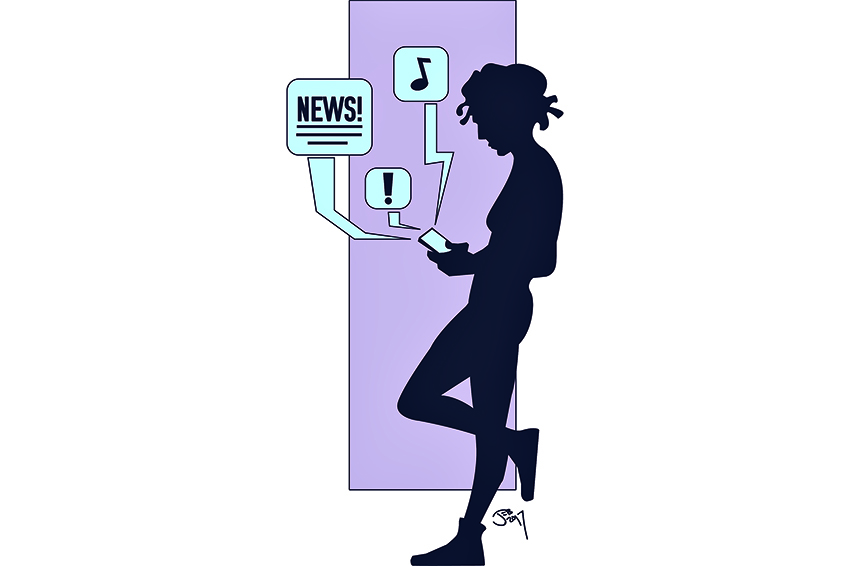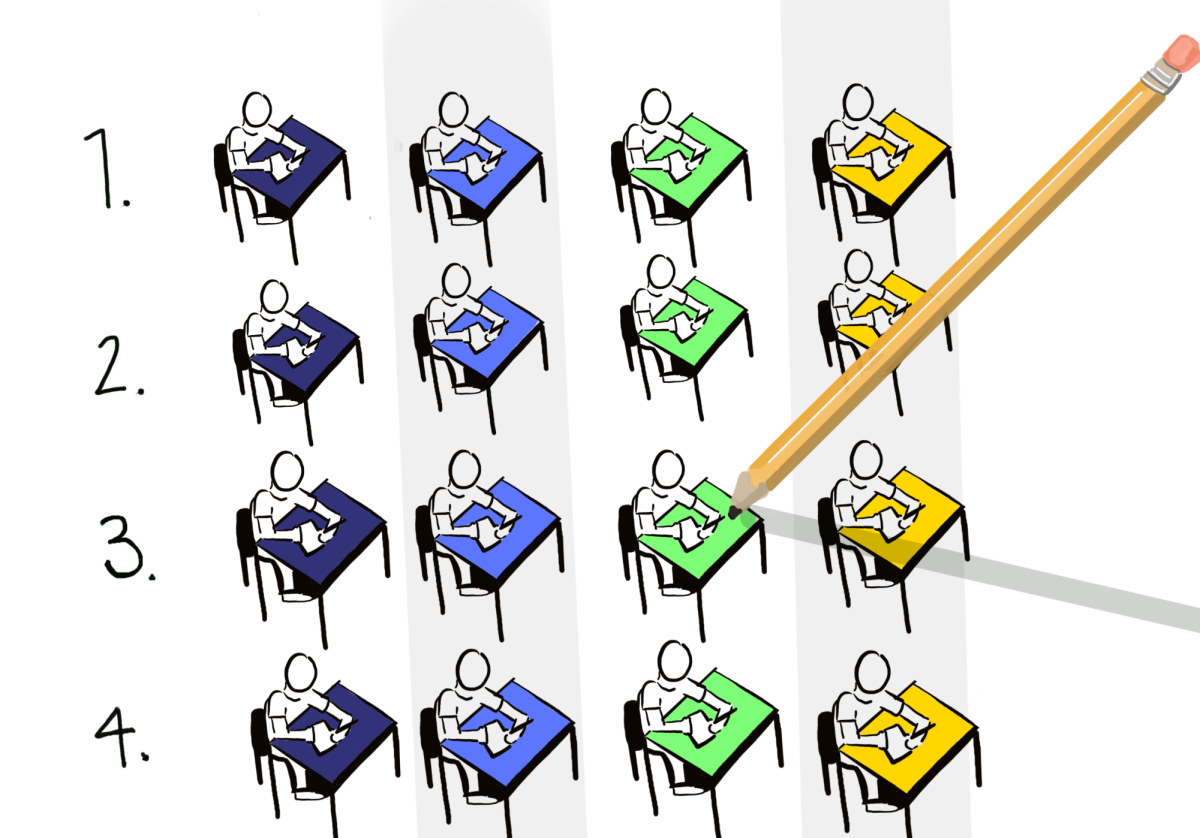Today, an astonishing 2.62 billion people use social media, or about 34 percent of the world’s population. Sixty-eight percent of Americans are on Facebook alone. Users are constantly swept up in a nonstop, technological onslaught of articles, blog posts and breaking news alerts. While constantly staying in the know is both addictive and attractive to users, it’s not the best practice for one’s mental health.
Overconsumption of news has been shown to fuel stress, anxiety and sleep disorders. It’s important to stay informed, but we must be conscious of the times and places we choose to do it.
Setting aside specific blocks of time for our news intake makes this possible, and is a practice everyone should implement into their everyday lives.
A 2017 American Psychological Association study found that 56 percent of Americans who want to stay informed about the news said that doing so causes them stress. Despite this, about one in 10 Americans reported checking the news at least once an hour.
Sixty-three percent of respondents cited concerns about crime when asked about stress regarding themselves and their loved ones, with another 60 percent reporting stress over the issue of terrorism. Sixty-six percent responded that the cost of health insurance was stress-inducing.
These statistics are particularly troubling when combined with the news negativity bias. The click-through rate of negative headlines is an estimated 63 percent higher than that of headlines with positive words. This leads to a proliferation of negative content, as news websites cater to what will get the most attention from users.
For college students constantly attached to their phones, this is dangerous. People choose to read negative news that cause them stress, which inevitably leads to further stress. In order to combat this, experts suggest that setting aside time each day specifically for news consumption benefits your health.
Try to spend less time on social media, but if that’s not immediately possible, unfollowing some of the news accounts filling up your timeline is a good start. Commit to only reading the news at morning or at night and leave the rest of your day untarnished by the swirl of negative content proliferating your feed.
This practice allows you to stay both informed and present in your everyday life. You have the ability to control when, where and how you consume news. Management of how you receive potentially stressful information can prevent you from downswings in mood and productivity and can be especially beneficial to college students in a high-stress, high-stakes environment.
Although it’s important to stay informed, it’s also important to take care of yourself. In an increasingly connected, media-driven world, it can be particularly hard to do this. Setting aside time for news intake, however, is a good start. Try it out — you’ll be surprised at the benefits unplugging for a few hours a day can bring.
Braaten is an international relations and global studies junior from Conroe.





















